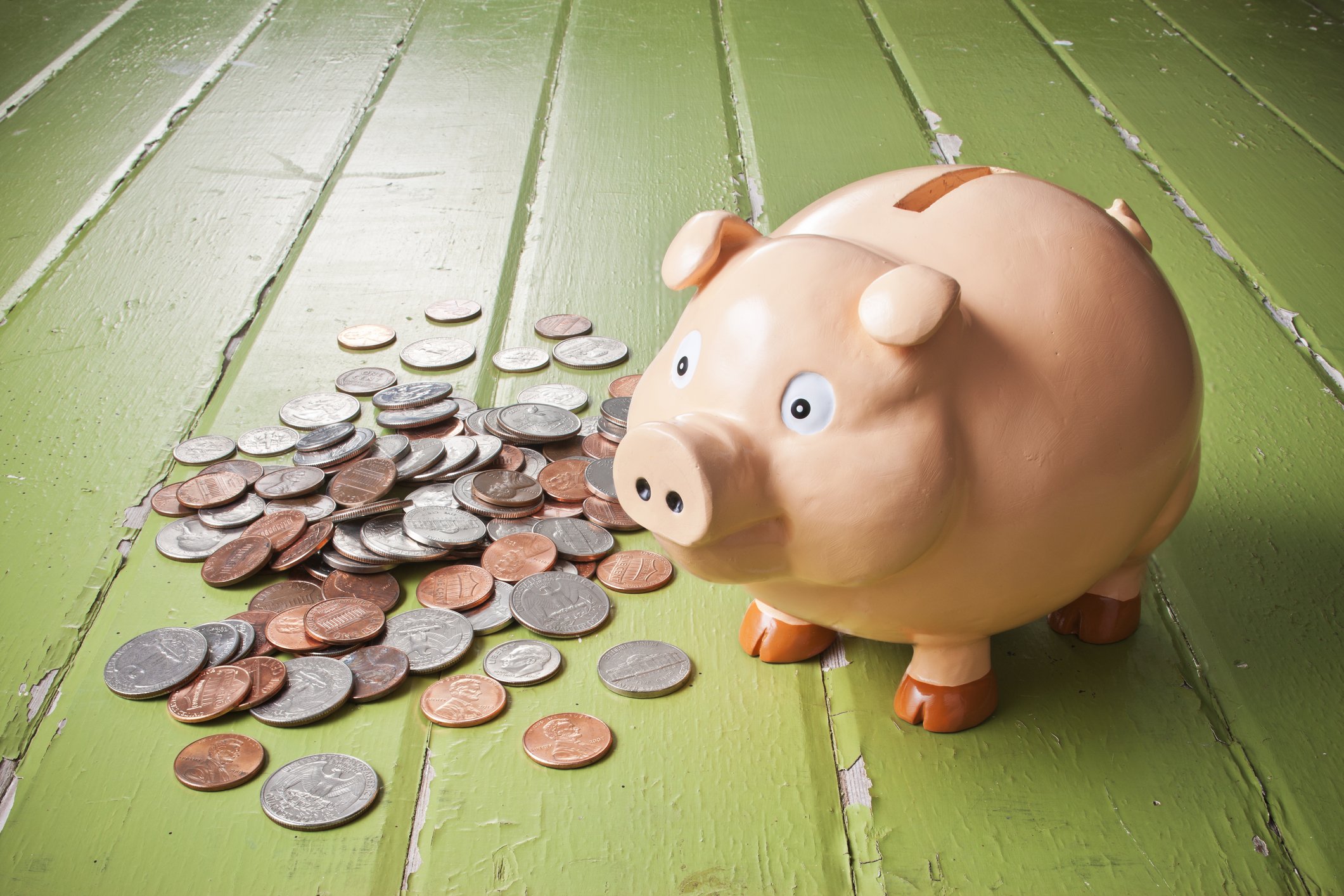Don’t Fall for It: How Ads Trick You Into Buying Stuff
Every day, you’re hit with ads—on your phone, during videos, on billboards, and even in your favourite games. They’re flashy, clever, and convincing. Before you know it, you’re wondering if you really need those sneakers, or why everyone seems to be using that new app. Spoiler alert: it’s not always because it’s the best thing ever—it’s because advertisers know exactly how to get inside your head.
In this post, we’ll break down the sneaky tricks advertising uses to get you to spend your money, even when you didn’t plan to. Understanding how ads work doesn’t just make you a smarter shopper—it helps you take back control of your choices (and your wallet).
Fear Of Missing Out (FOMO)
Ever seen a message that says “Only 3 left!” or “Last chance!”? That’s FOMO in action. It creates a sense of urgency to make you act fast—before you’ve had a chance to think.
What to do: Pause. If it’s a good deal now, it’ll probably come around again later. Real needs don’t come with countdown timers.
Perfect Lifestyle Illusion
Ads often show people living their “best life” with the product—laughing with friends, going on adventures, looking flawless. It creates the idea that you could live that life, too… if you just had the product.
What to do: Remind yourself that those images are curated. Real happiness doesn’t come in a box or with a price tag.
Influencer Influence
Social media influencers get paid to show off products, often without making it clear that it’s an ad. Because they seem relatable, their opinions feel trustworthy—even when they’re being paid to promote.
What to do: Ask yourself: Would they be talking about this if they weren’t getting paid? Always check for #ad or #sponsored tags.
The Scarcity Trap
Limited editions, exclusive drops, “members-only” items—it’s all about making a product feel more valuable by pretending it’s rare.
What to do: Just because it’s “limited” doesn’t mean it’s worth it. Don’t let hype make your decisions.
Emotional Hooks
Some ads try to tap into your emotions—whether that’s making you laugh, feel nostalgic, or even a little insecure. Emotions make us act fast and think later.
What to do: Recognise when an ad is trying to push your emotional buttons. Take a step back and ask: “Would I still want this if I wasn’t feeling this way?”
Building Smart Habits
Learning to spot advertising tricks is the first step. The next? Build your own habits that make you less likely to be swayed, like:
Make a spending list before shopping so you don’t get distracted.
Unfollow accounts that constantly promote products or make you feel like you’re not enough.
Wait 24 hours before buying something unplanned. If you still want it after thinking it over, go for it.
Money Saving Expert is a journalistic website that aims to provide the best MoneySaving guides, tips, tools and techniques for people of all ages.







